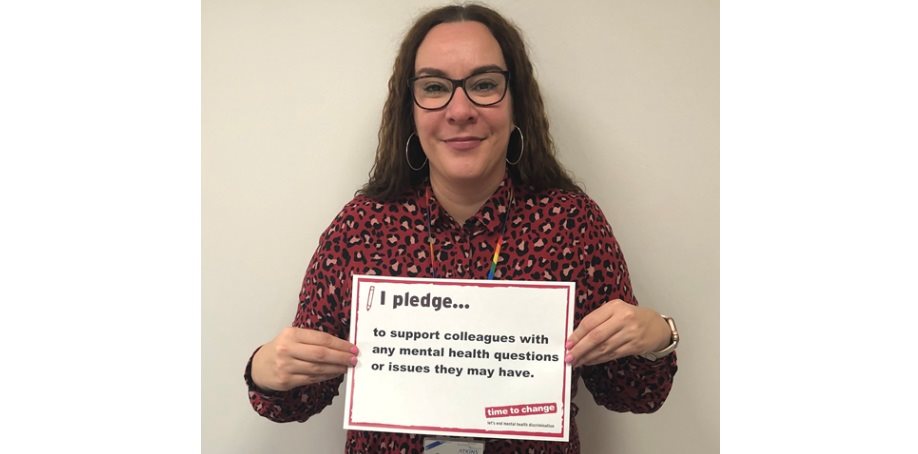

Learn more about our Mental Health First Aiders - Kay Conlin

Interested? Find out more about life at AtkinsRéalis
Sign up to receive the latest content tailored to your interests
Our articles

Preview
Middle EastContent type
BlogsPublish date
01/14/2025
Summary
The Middle East has become a magnet for ambitious professionals in recent years. This has seen the area emerge as a leader in construction, a sector which is projected to grow to $91.36bn by 2029.

Preview
Middle EastContent type
BlogsPublish date
01/14/2025
Summary
The Middle East is full of opportunity. With its GDP up by 2.8% and NEOM creating 380,000 jobs, the ambition of the region is evident. We’re proud to be at the heart of its most innovative project

Preview
Middle EastContent type
BlogsPublish date
01/14/2025
Summary
Electrical engineering has a big part to play in the advancement of modern infrastructure. From smart watches to smart grids, its impact can be seen everywhere you look. By bringing greener practi

Preview
USAContent type
BlogsPublish date
01/13/2025
Summary
Structural engineering jobs offer an impactful and exciting path. The spaces that we live, move, and work in depend on the expertise of these skilled professionals. As a structural engineer, you’l

Preview
USAContent type
BlogsPublish date
01/13/2025
Summary
Transportation engineering jobs are on the up. Some of the biggest problems of today are being tackled in the transportation field. There’s a thirst for professionals looking to make a real impact

Preview
IndiaContent type
BlogsPublish date
01/09/2025
Summary
Hello, I'm Vijay, an HR leader at AtkinsRéalis in India When I first embarked on my professional journey, I couldn't have imagined the incredible path I would take at AtkinsRé

Preview
EuropeContent type
BlogsPublish date
12/20/2024
Summary
Transitioning from a military career to civilian life can be a daunting prospect, but at AtkinsRéalis, veterans and reservists are met with tailored support and opportunities to thrive. Stuart

Preview
GeneralContent type
BlogsPublish date
12/20/2024
Summary
What is the role of mechanical engineers? Mechanical engineers play a crucial role in the development of machinery and components across a wide range of industries, such as manufacturing and industri

Preview
EuropeContent type
BlogsPublish date
12/20/2024
Summary
The journey to achieving net zero emissions requires innovative thinkers, technical expertise, and a commitment to sustainable solutions. At AtkinsRéalis, talented engineers like Shayakgomo are

Preview
Middle EastContent type
ProjectsPublish date
12/19/2024
Summary
What is the AMAALA project in Saudi Arabia? The AMAALA project is an ambitious ultra-luxury tourism development along Saudi Arabia's stunning Red Sea coast. I

Preview
EuropeContent type
ProjectsPublish date
12/19/2024
Summary
Hinkley Point C (HPC) is the first nuclear power station to be constructed in the UK since the 1990s, marking a pivotal moment for energy and sustainability. As the largest infrastructure pro

Preview
EuropeContent type
ProjectsPublish date
12/19/2024
Summary
AtkinsRéalis is proud to play a pivotal role in the Havant Thicket Reservoir, an innovative and environmentally focused project in Hampshire. Commissioned to design the reservoir and secure pl
Related jobs
We are sorry but we currently have no jobs in this area.
Continue browsing to look at our other available opportunities

Equality, diversity and inclusion
We’re devoted to growing the diversity of our people, promoting an inclusive culture, providing everyone with an equal voice because simply put, it’s the right thing to do. Click to learn more.
Find out more



